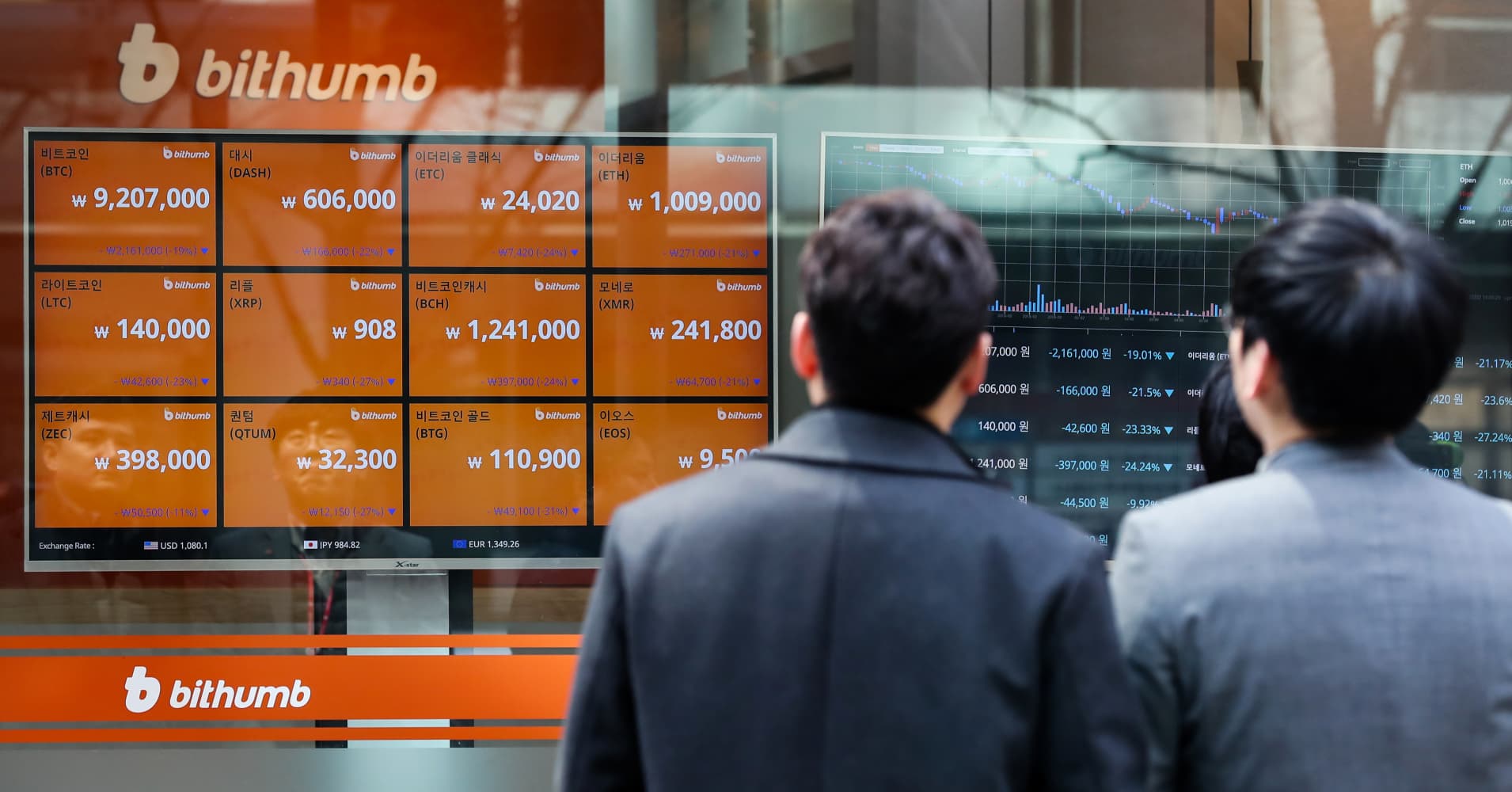
Blockchain Exchange Alliance acquired a controlling interest in Bithumb Holdings and as a result now has a controlling interest in Bithumb Korea, according to the documents. The Seoul-based exchange is the second-largest by exchange volume, according to Coinmarketcap.com, and was the largest as of November 2018, according to a recent report by CryptoCompare.
The accuracy of that trading volume has come under question.
In December, Forbes reported that a cryptocurrency exchange rating service called CER had accused Bithumb of faking more than 90 percent of its trading volume. As of the summer, the exchange ranked among the bottom of the top 10 global exchanges by daily volume. By November, though, CER said it jumped to second on CoinMarketCap.com’s list of exchanges measured by volume. CER claimed it was a result of selling and buying at the same time to create misleading and artificial activity, known as “wash trading.”
In June, Bithumb was the victim of a high-profile $31 million hack. The exchange said it was temporarily suspending deposit and withdrawal services, that the stolen coins would be covered from its own reserves and that all users’ assets were being transferred to safer “cold wallets.”
The deal may not sit well with regulators paying close attention to the nefarious sides of crypto. Since transactions are anonymous, many have called out their potential use for money-laundering and criminal activity. If nothing else, the stock may trade at a discount because of that risk, a source told CNBC.
Cryptocurrencies have gotten their fair share of criticism, especially as the buying frenzy has cooled and the bitcoin bubble seems to have popped. The price of the world’s largest cryptocurrency has dropped more than 70 percent in a year.
Some of Wall Street’s most closely followed CEOs warned against investing in cryptocurrencies, even at the height of the 2017 boom. J.P. Morgan Chase CEO Jamie Dimon called it a fraud, while Berkshire Hathaway’s Warren Buffett has repeatedly warned against investing in it and famously likened the cryptocurrency to “rat poison.” Citadel’s billionaire hedge-fund manager Ken Griffin is among the many who have called out similarities between bitcoin and the most famous financial bubble of all time: the Dutch tulip bulb mania of the 1630s.
Nouriel Roubini, nicknamed “Dr. Doom” for predicting the financial crisis, is one of the loudest critics, recently telling U.S. senators at a hearing on Capitol Hill that “crypto is the mother or father of all scams and bubbles.” He also criticized blockchain, calling it the most “over-hyped — and least useful — technology in human history.”
Not everyone has given up on it in 2019, though. Despite the ongoing bear market, both the Intercontinental Exchange, or ICE (parent company of the New York Stock Exchange) and the Nasdaq plan to launch bitcoin futures this year. Multiple attempts to launch the first-ever bitcoin exchange traded fund, or ETF, are still being considered by the Securities and Exchange Commission.
Be the first to comment